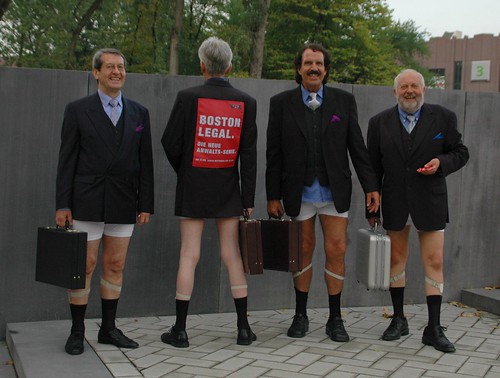Community development: all communities are not the same
Reading the Unofficial Apple Weblog (TUAW) I happened to read “Care and feeding open source programmers” an article about the “HandBrake manifesto“, a post defining what Open Source is for his author.
Open source is:
- A means to encourage software innovation among diverse groups of programmers
- A policy of open inspection and analysis of source code, both to educate and provide a means for constructive criticism
- A means by which programmers can “scratch their itch” for mental stimulation while at the same time solving computing problems that are frequently applicable even to non-technical users
- Free, both intellectually and in terms of cost
Open source is not:
- A way to get commercial-quality support at no charge
- A free-for-all forum to ask for pie-in-the-sky software features and expect them to be implemented as requested and with no delay
- An invitation to harass and otherwise frustrate a small and dedicated development staff because they didn’t do what you wanted
I can see here many disagreeing on that, but I believe there is no doubt that any author can choose his/her community, choosing not to have one (or even something like that).
Authors have the power, and users too indeed! I start thinking Rubini is pretty right…

 FSFE Fellowship initiative by
FSFE Fellowship initiative by  Lawyers in pants by
Lawyers in pants by 



Reply